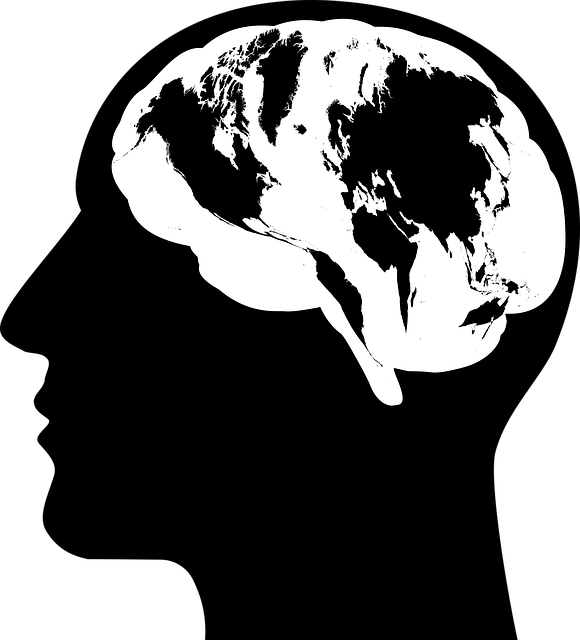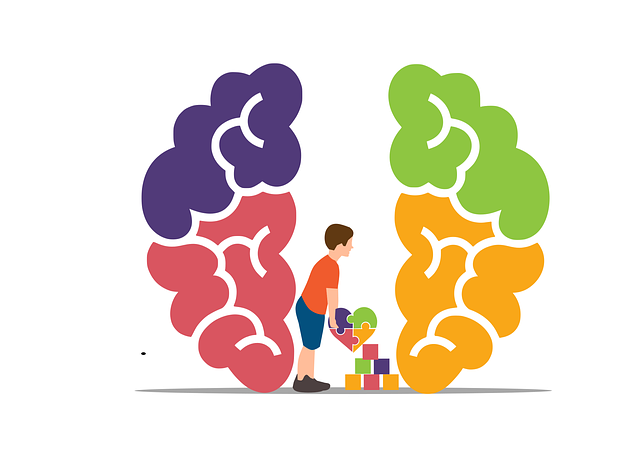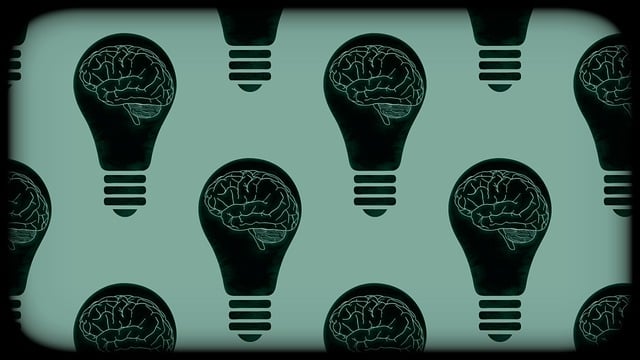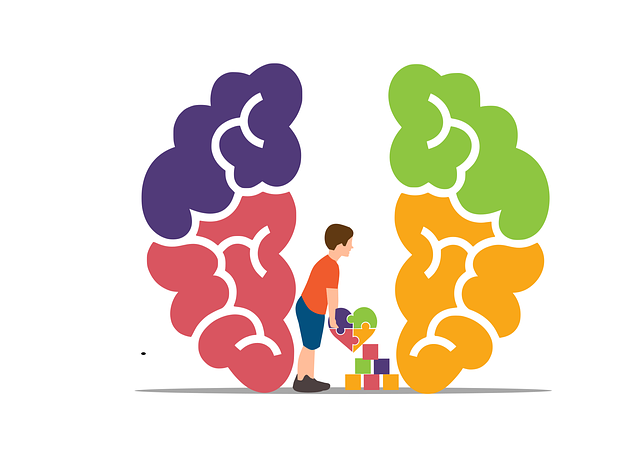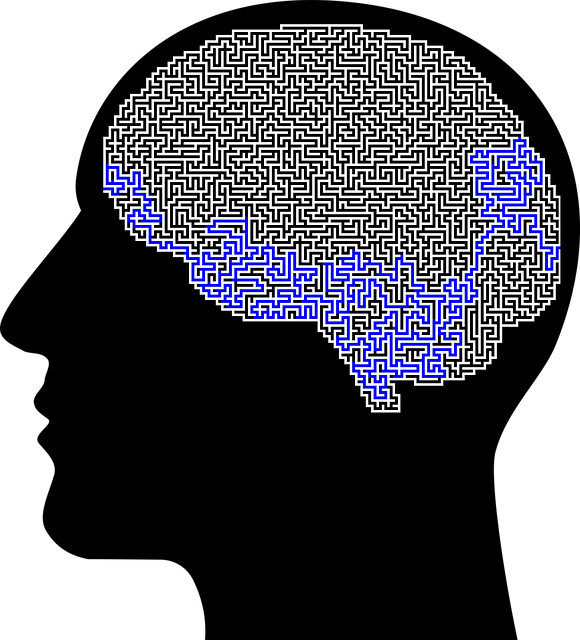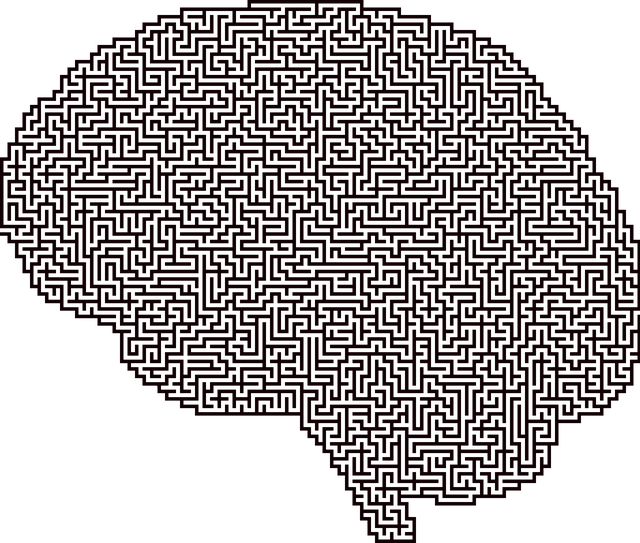Centennial Children Therapy offers holistic Mental Wellness Programs for children and adolescents, combining evidence-based practices with innovative techniques like mindfulness, creative arts therapy, and stress management workshops. Their cultural competency ensures effective support for diverse client populations. Specialized training and Mental Wellness Coaching create a supportive environment for building resilience and thriving. Evaluation methods using both quantitative (surveys, tests) and qualitative (interviews, focus groups) techniques personalize therapy, track progress, and identify areas for improvement. This comprehensive approach fosters positive outcomes, enhances community outreach, and ensures continuous refinement of strategies through stakeholder feedback loops, open communication, and regular assessments.
“Uncovering the impact of mental wellness programs is pivotal, especially within specialized centers like Centennial Children Therapy. This article explores comprehensive evaluation methods that ensure the effectiveness and continuous improvement of such initiatives. From understanding the unique needs of young clients at Centennial Children Therapy to employing robust assessment tools and fostering a culture of feedback, we delve into strategies that transform mental health support. Discover how these methods guide adjustments, enhance outcomes, and ultimately benefit the youth in their care.”
- Understanding Mental Wellness Programs at Centennial Children Therapy
- Evaluation Methods: A Comprehensive Overview
- Assessing Program Effectiveness: Tools and Techniques
- Continuous Improvement: Feedback Loops for Optimal Results
Understanding Mental Wellness Programs at Centennial Children Therapy

At Centennial Children Therapy, our Mental Wellness Programs are designed with a holistic approach to cater to the unique needs of children and adolescents. We recognize that mental wellness is not solely the absence of illness but a state of flourishing, where individuals can navigate life’s challenges with resilience and joy. Therefore, our programs go beyond traditional therapy models, incorporating innovative techniques such as mindfulness practices, creative arts therapy, and stress management workshops tailored for young minds.
The organization prioritizes evidence-based practices while also emphasizing the importance of cultural competency among healthcare providers. We offer specialized training for professionals to ensure they are equipped to support diverse client populations effectively. Additionally, our Mental Wellness Coaching Programs focus on empowering individuals with skills to manage stress, build coping mechanisms, and enhance overall well-being. Through these comprehensive initiatives, Centennial Children Therapy strives to create a supportive environment where young people can thrive and develop the resilience necessary for a fulfilling life.
Evaluation Methods: A Comprehensive Overview

Evaluation methods play a pivotal role in determining the effectiveness and success of any mental wellness program, especially those offered by organizations like Centennial Children Therapy. These strategies are essential tools to gauge progress, identify areas for improvement, and ensure the program aligns with its intended goals. By employing a variety of assessment techniques, therapy sessions can be tailored to meet individual needs, fostering better outcomes.
A comprehensive evaluation involves both quantitative and qualitative measures. Quantitative methods include surveys and standardized tests that provide numerical data on various aspects of mental health, such as anxiety levels or depression symptoms. On the other hand, qualitative assessments delve into individuals’ experiences, perspectives, and feelings through open-ended interviews or focus groups. Combining these approaches allows for a holistic understanding of participants’ well-being, providing valuable insights for improving therapy programs, like Stress Management Workshops Organization initiatives, and promoting positive thinking within the community.
Assessing Program Effectiveness: Tools and Techniques

Evaluating the effectiveness of a mental wellness program is a multifaceted process that requires robust tools and techniques to measure success and identify areas for improvement. At Centennial Children’s Therapy, we employ a comprehensive approach that includes both quantitative and qualitative methods. Quantitative assessments involve surveys, questionnaires, and standardized tests to gauge changes in symptoms, attitudes, and behaviors among participants.
Qualitative methods, on the other hand, delve deeper into individuals’ experiences and perceptions through interviews, focus groups, and observations. By combining these approaches, we gain a holistic understanding of the program’s impact, such as improvements in social skills (as assessed by training programs), enhanced community outreach (through public awareness campaigns development), and overall increased access to mental wellness support. These evaluations are crucial for refining our strategies, ensuring continuous improvement, and ultimately fostering positive outcomes for those seeking assistance at Centennial Children’s Therapy.
Continuous Improvement: Feedback Loops for Optimal Results

At Centennial Children Therapy, we understand that continuous improvement is key to achieving optimal results in mental wellness program evaluation methods. Implementing robust feedback loops allows us to adapt and refine our strategies based on ongoing performance data and stakeholder insights. This dynamic approach ensures that our Mental Health Education Programs Design remain relevant and effective, aligning with the evolving needs of our community. By fostering open communication channels and encouraging regular assessments, we can quickly identify areas for improvement and implement targeted adjustments.
Through Crisis Intervention Guidance, we actively solicit feedback from participants, caregivers, and mental wellness coaches to gain diverse perspectives on program effectiveness. This collaborative process enables us to address any challenges promptly and enhance the overall participant experience. As we continue to Develop Mental Wellness Coaching Programs, leveraging this feedback loop ensures that our interventions remain evidence-based, culturally sensitive, and tailored to the unique needs of each individual.
Centennial Children Therapy’s commitment to mental wellness program evaluation is a game-changer in pediatric therapy. By employing comprehensive methods that include assessing effectiveness with diverse tools and fostering continuous improvement through feedback loops, the therapy center ensures optimal results for young minds. This data-driven approach allows for tailored interventions and tracks progress, ultimately enhancing the overall well-being of children served by Centennial Children Therapy.
